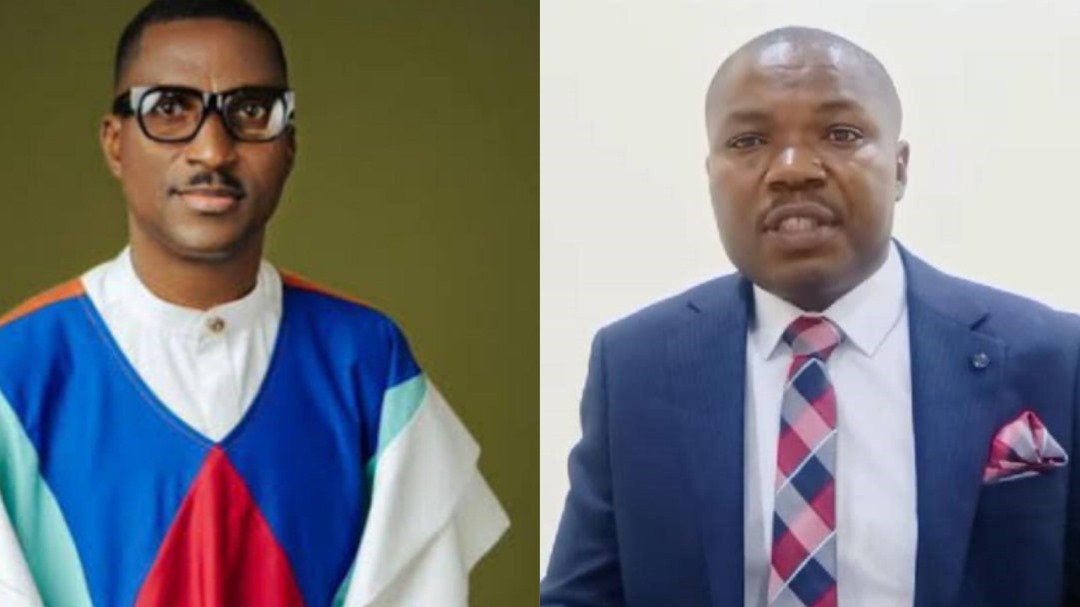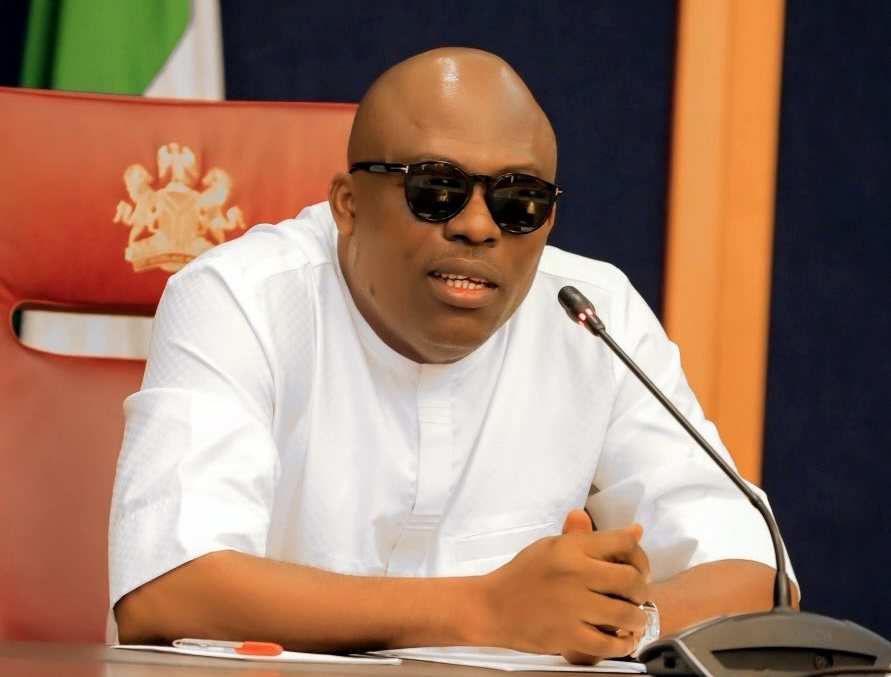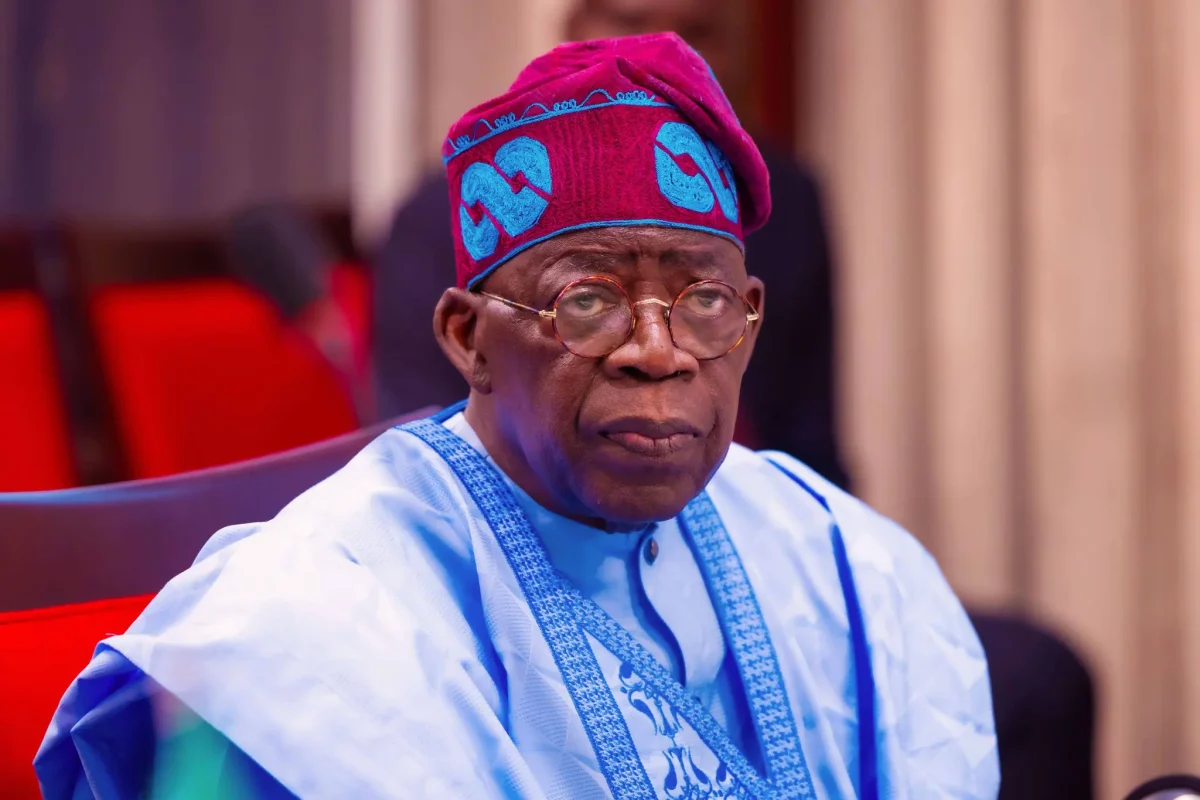According to the Central Bank of Nigeria (CBN), the Federal Government spent $112.35 million servicing external debt in January 2023.
According to the CBN’s Weekly International Payments data, the amount spent in January was 146.17 percent higher than the $45.64m spent in December 2022.
This occurred as the federal government struggled to increase its revenue base despite its revenue generation efforts.
In January 2023, the Federation Account Allocation Committee distributed N750.17 billion among the three tiers of government.
The figure represents an N240.02 billion decrease from the N990.19 billion shared in December 2022.
Nigeria spent $2.4 billion to service its external debt in 2022, a slight increase from the $2.11 billion spent in 2021.
Meanwhile, the Federal Government deducted over N78 billion from state allocations for external debt servicing.
This is according to data from the National Bureau of Statistics (NBS) Federation Account Allocation Committee Disbursement reports.
The deductions were made in 2022 from the allocations made to state governments from the Federation Account.
The federation account is currently managed under a legal framework that allows funds to be shared across three major components: statutory allocation, VAT distribution, and the derivation principle.
Read Also: Senate presidency: Adamu tells Orji Kalu, Yari to hold fire as they present him with letter of grievance
Checks revealed that Lagos was the hardest hit by the deductions, with about N23.61 billion deducted in 2022 for external debt servicing.
It was followed by Kaduna, which had N10.25 billion deducted, and Cross River, which had N7.56 billion deducted.
According to the International Monetary Fund (IMF), the Federal Government plans to spend 82% of its revenue on interest payments in 2023.
According to the IMF, external debt (including private sector debt) will rise to $121.6 billion, while external reserves will rise to $37.5 billion.
It disclosed this in a projections table in its ‘IMF Executive Board Concludes 2022 Article IV Consultation with Nigeria Summary.’
The projections showed an improvement in the share of government revenue used for interest payments, with interest payments falling from 96.3 percent in 2022 to 82 percent in 2023.
It also stated that interest payments accounted for 86.1 percent and 87.8 percent of the Federal Government’s revenue in 2020 and 2021, respectively.




